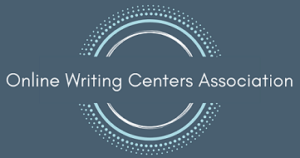Language Learning in Networked Writing Labs: A View from Asia (2000)
Keywords ESL/multilingual students, networked computers, computer labs, research study, student questionnaire Citation Information Type of Source: Book Article Authors: Andy Curtis, Tim Roskams Year of Publication: 2000 Title: "Language Learning…
